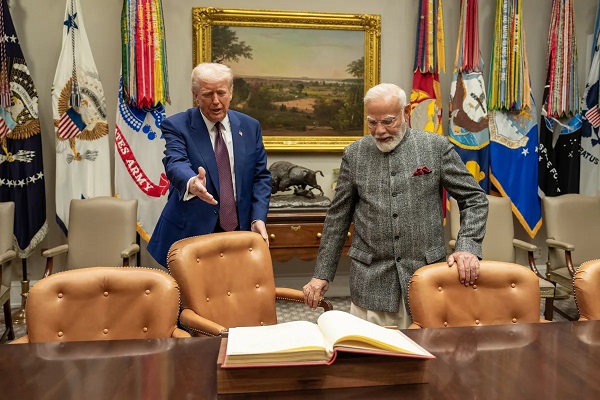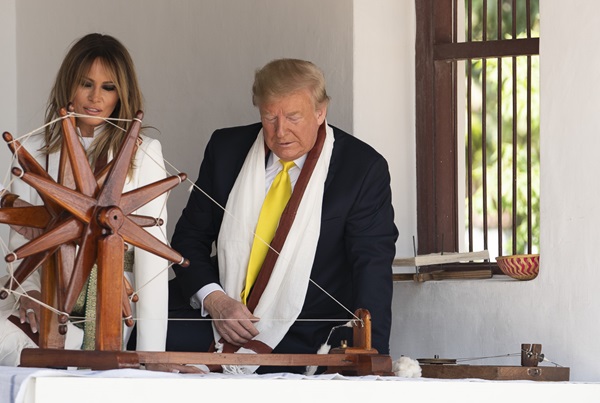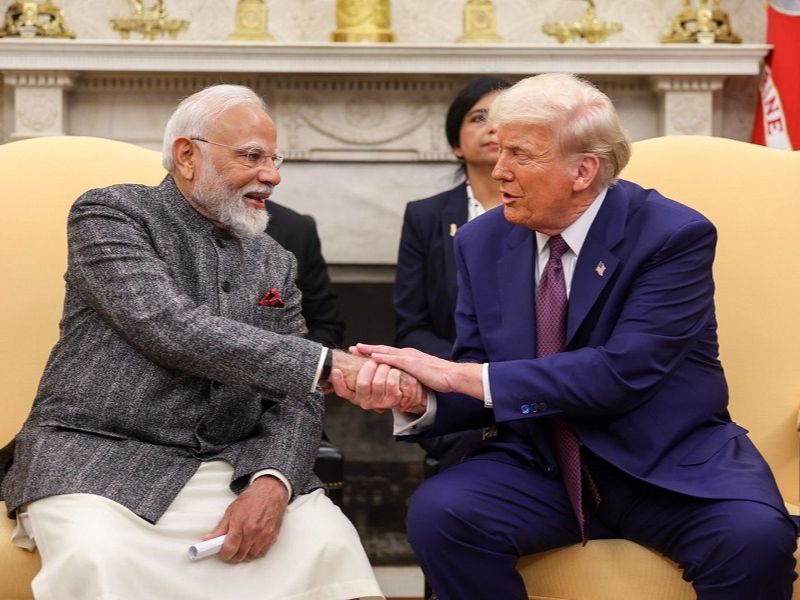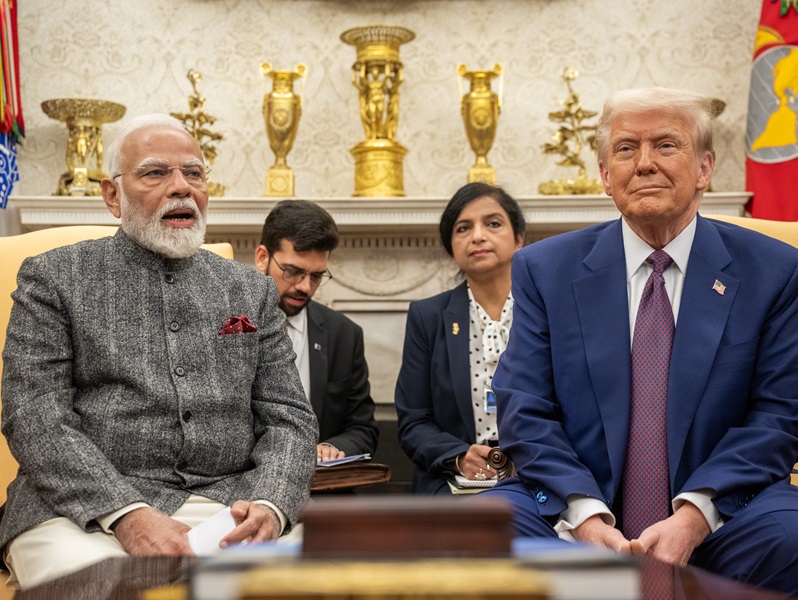.png)
Short-Term US Waiver Offers India Little Relief at Chabahar Port: GTRI
Washington’s decision to renew India’s waiver for Iran’s Chabahar Port offers short-term relief but little progress. Despite its diplomatic gloss, the six-month exemption fails to dispel investor uncertainty or reignite India’s regional trade ambitions constrained by shifting US sanctions.
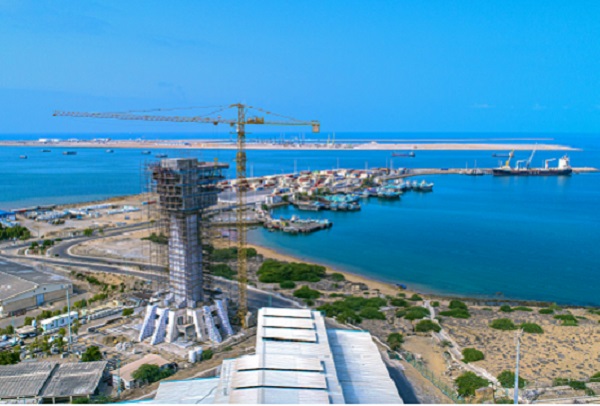
October 31, 2025 at 4:01 AM IST
The US’ decision to reissue a six-month waiver for India’s operations at Iran’s Chabahar Port is a symbolic gesture rather than a policy breakthrough. Despite its diplomatic gloss, the temporary relief is unlikely to revive trade flows or attract new investment, given persistent uncertainty over US sanctions.
Announced on Thursday, the waiver restores an earlier exemption--first granted in 2018 and withdrawn in September--allowing India to continue managing and developing the Shahid Beheshti Terminal until April 2026. For New Delhi, Chabahar remains a linchpin of regional connectivity, envisioned as a strategic gateway to Afghanistan and Central Asia that bypasses Pakistan. Yet, as Ajay Srivastava, founder of the Global Trade Research Initiative(GTRI), notes, Washington’s stop-start sanctions policy has frozen progress.
“The US’s frequent policy shifts have created uncertainty, discouraging investors and halting progress at Chabahar,” Srivastava said. “Without a stable, multi-year exemption, no major infrastructure or trade activity is likely to move forward.”
The short tenure of the waiver reinforces this caution. The lack of predictability has stifled financing, slowed cargo movement, and prevented Chabahar from developing into the regional trade hub India envisioned when it signed the 2015 memorandum with Tehran.
Although the waiver allows India to continue supplying essential goods such as food grains and medicines to Afghanistan, the port’s function remains largely humanitarian rather than commercial. The larger goal of linking Indian ports with Central Asian markets--and eventually Russia--through the International North-South Transport Corridor remains constrained by geopolitical headwinds.
Chabahar’s potential has long been hostage to US-Iran tensions. Meanwhile, China’s steady progress at Pakistan’s Gwadar Port, barely 100 kilometres away, underscores how India’s early advantage has eroded through policy paralysis.
Unless Washington adopts a consistent, long-term stance--granting multi-year clarity and insulating Chabahar from broader Iran sanctions--the port will remain a stranded strategic asset: politically visible but economically inert. For now, the latest waiver keeps Chabahar afloat, but not advancing.

